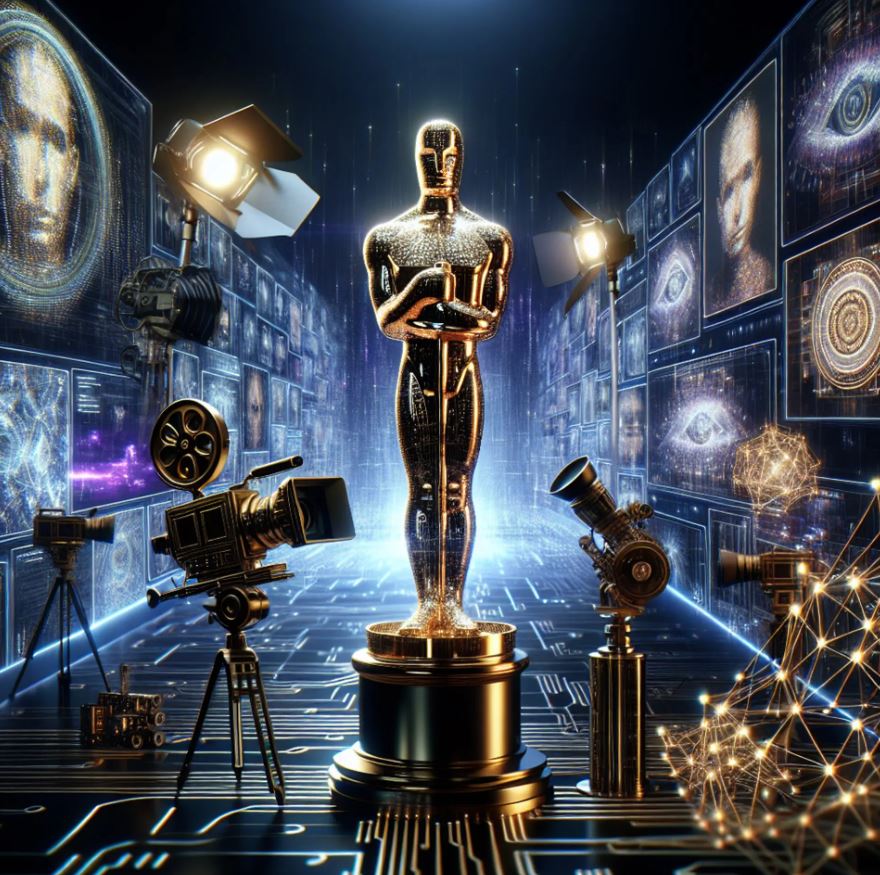 AI has been making waves in Hollywood, and not too long ago, it was at the center of some intense debates. Actors and writers were striking, worried about how AI might edge them out of their jobs. Fast forward to today, and AI is not just a topic of concern—it’s becoming a vital part of the entertainment scene, even playing a role in films that are getting Oscar nods.
AI has been making waves in Hollywood, and not too long ago, it was at the center of some intense debates. Actors and writers were striking, worried about how AI might edge them out of their jobs. Fast forward to today, and AI is not just a topic of concern—it’s becoming a vital part of the entertainment scene, even playing a role in films that are getting Oscar nods.
Recently in Los Angeles, industry pros gathered to check out AI-generated videos. Some folks are calling this the biggest leap forward since sound was first added to movies. One of the key players in this AI movement is Bryn Mooser, co-founder of Moonvalley. His company has come up with ‘Marey,’ an AI tool that makes sure filmmakers get paid when their footage is used. Mooser believes AI in Hollywood is something we can’t avoid, but he stresses it should be a tool for artists, not a replacement.
While AI stirs up a lot of debate, its reach is growing. Take films like ‘Emilia Perez’ and ‘The Brutalist’—both Oscar contenders that used AI to tweak voices and accents. It’s a trend that’s only going to expand, with big money being poured into AI tools for filmmakers.
But there’s a flip side. Many worry that AI could take over jobs, especially those of background actors, while big-name stars might still be safe because of their unique appeal.
The conversation about AI in Hollywood isn’t just about new tech; it’s also about legal stuff. Companies like OpenAI and Google are pushing to change copyright laws so they can use copyrighted content to train AI. A lot of people in the film industry see this as a threat to creativity and jobs.
As AI continues to reshape the movie business, the industry faces a tough balancing act. The challenge is to embrace technological advances while keeping artistic integrity and job security intact. The future of film might just hinge on how well these issues are managed.








